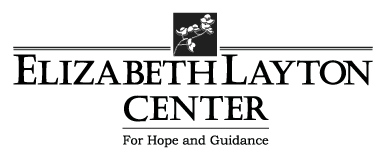Signs and Symptoms of Anger
1
Physiological Changes
Increased heart rate; increased blood pressure; respiration rate and/or perspiration; tremor; cold, clammy hands or feet; need to urinate or defecate; loss of appetite; sleeplessness; or disturbed sleep patterns; muscle tenseness; disturbances of the endocrine, autonomic nervous and circulatory systems; norepinephrine response.
3
Behavioral Characteristics
Facial expressions: eyelids tensely narrowed, eyes glaring, pupils constricted, mouth open, grin tense, lips retracted, teeth clenched, face red, veins distended, nostrils widened, jaw jutting, expression frowning.
Body Stance: head toward object, “attack,” muscles tense, fists clenched, gestures quick and forceful.
Speech: very controlled, precise and hesitating OR forceful, loud, high-pitched, loud cursing, inappropriate, mirthless laughter, threatening tone, shouting, sarcastic, sullen tone.
Actions: restlessness, pacing, stony withdrawal, negative responses to rules and requests, hitting, destroying property,direct verbal warnings, driving recklessly, excessive friendliness, ingratiating attitude, joking at the expense of others,forgetting names and appointments, being late, mutilating, killing, suicide.
2
Subjective Reactions
“I am … annoyed, angry, mad, enraged, furious.”
“I feel like … exploding knocking his block off, shouting, slamming the door, killing.”
“I’m … hot under the collar, livid, seeing red, steaming, fighting mad.”
“You … got my goat, are a pain in the neck, can shove it!”
4
Mental Attitudes
Fear of loss of control, fear of retaliation, paranoid thinking, misinterpreting other people and the environment, marked ambivalent attitudes toward others, difficulty concentrating, indecisiveness, and the need to take some action, perception of being controlled by others, misperceived attack, perception of the world as dangerous and hostile, low self esteem, aggression and violence perceived as sanctioned, approved ways to behave.
